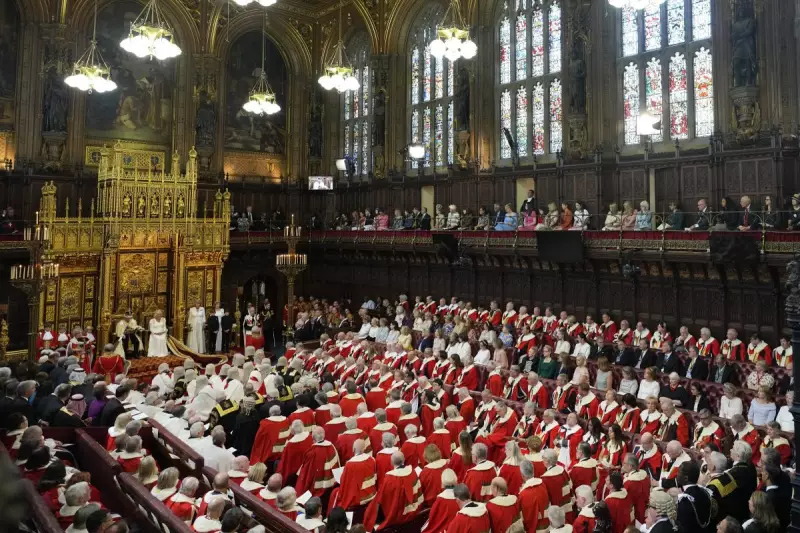
Sir Keir Starmer's Labour Party has suffered a significant parliamentary defeat after the House of Lords forcefully rejected their proposed workers' rights legislation, casting doubt on the party's ability to deliver key manifesto promises.
Unelected Chamber Throws Out Employment Reforms
In a dramatic move that highlights the ongoing tension between the Commons and Lords, peers voted overwhelmingly against the Workers' Rights Bill, dealing a substantial blow to Labour's legislative agenda. The proposed legislation, which formed a cornerstone of Starmer's employment policy platform, aimed to strengthen protections for millions of UK workers.
What the Bill Proposed
The defeated legislation included several key reforms that would have significantly altered the UK employment landscape:
- Enhanced unfair dismissal protections for employees
- Strengthened rights for gig economy workers
- Extended sick pay and parental leave entitlements
- Greater trade union access to workplaces
- Increased minimum wage enforcement powers
Constitutional Clash Emerges
The rejection has sparked a fresh debate about the power of the unelected House of Lords to block legislation from the elected government. Labour MPs have expressed fury at what they describe as "an undemocratic veto" over their democratic mandate.
One senior Labour source commented: "This is precisely why we need Lords reform. An appointed chamber shouldn't be able to thwart the will of the people as expressed through their elected representatives."
Business Reaction Mixed
While trade unions have condemned the Lords' decision, business groups had expressed concerns about the potential impact on employers. The Confederation of British Industry had warned that some measures could increase regulatory burdens on companies already struggling with economic challenges.
What Happens Next?
The government now faces difficult choices about how to proceed. Options include:
- Attempting to force the bill through using the Parliament Acts
- Breaking the legislation into smaller, more palatable parts
- Accepting defeat and focusing on other priorities
This setback comes at a sensitive time for the Labour leadership, who have positioned workers' rights as central to their political identity. The defeat raises questions about their parliamentary strategy and ability to navigate the complexities of the UK's bicameral system.
The outcome represents one of the most significant parliamentary battles since the general election and sets the stage for ongoing constitutional tensions between the two houses of Parliament.





